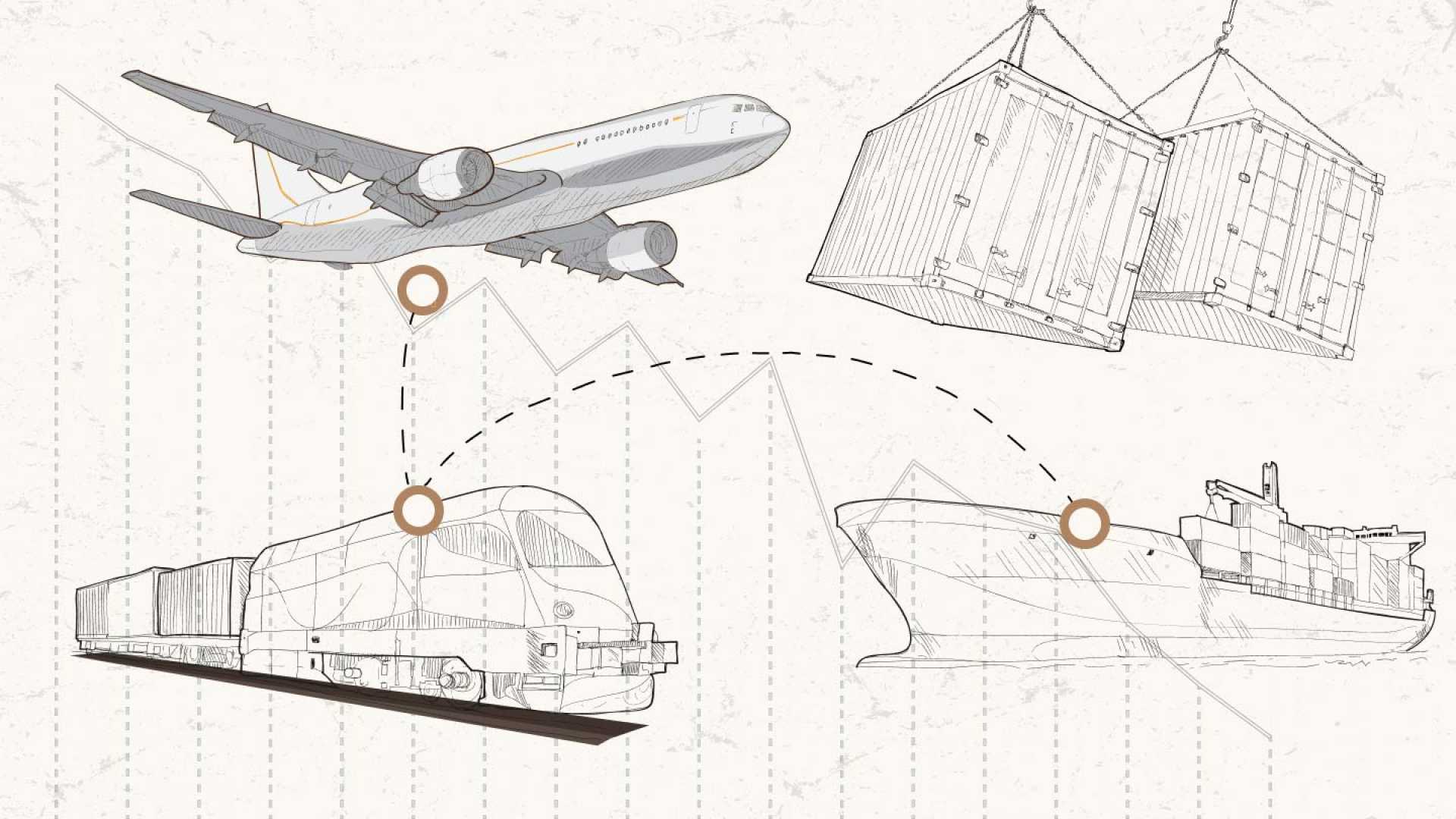Business
Tariff Wars: The Oncoming Trade Storm Looms Over Global Markets

WASHINGTON, D.C. — President Donald Trump‘s recent implementation of sweeping tariffs has sent shockwaves through the global trading system, prompting serious concerns among economic analysts and leaders worldwide. The newly enacted rates, which have increased the U.S. average tariff rate to 14%, threaten to redirect billions in exports destined for the U.S. and flood global markets, particularly affecting Canadian industries.
On April 2, the U.S. dramatically escalated its trade tensions by raising average tariffs, leading to fears of a historic trade diversion. This significant change comes as the world braces for the ripple effects that could hurt even the most trade-friendly nations. Traditionally, the U.S. has been a major consumer market, boasting low average tariffs. However, those days appear to be coming to an end.
According to recent reports, the $500 billion American consumer market has been drastically altered with these tariffs in place. The tariffs have not only targeted China but have also created additional duties affecting a slew of countries, including those in Europe and Southeast Asia. Most notably, China’s exports to the U.S., valued at $250 billion in 2024, will be heavily impacted, as the U.S. has instituted punitive tariffs reaching as high as 104% on some goods.
Chinese manufacturers, many of whom have relied on exports to the U.S. market, are now reframing their strategies, with some seeking alternative markets to mitigate losses. “If the U.S. genuinely wants to resolve the problem through dialogue and negotiation, it should show an attitude of equality, respect, and mutual benefit,” said a spokesperson for China’s Foreign Ministry on April 9.
The repercussions of these tariffs are already being felt across various sectors. South Korean, Japanese, and German automakers are bracing for the impact as Thai and Chinese exports are expected to be rerouted. The automotive industry, a key component of the global economy, may find itself in uncharted territory as nearly 25% tariffs loom over them.
Turkey’s President Recep Tayyip Erdogan expressed confidence that his country would fare better than others amidst this turmoil, citing lower baseline tariffs instituted by the U.S. Turkish officials anticipate navigating these waters more smoothly than nations with steeper tariffs.
As potential retaliatory measures begin to take shape, economists warn of a possible return to heightened protectionism reminiscent of the prelude to the Great Depression. Dr. Wolfgang Alschner, an expert in trade law, commented, “The broader implications of these tariffs could unleash waves of protectionist policies, straining the already fragile global trading system.” He added, “We must proceed cautiously and continue to honor international trade agreements to prevent a complete breakdown of cooperation among nations.”
The situation is further complicated by new tariffs being imposed on low-value goods. Starting May 2, Trump plans to triple the tariffs on packages worth less than $800, further straining e-commerce relationships between the U.S. and global suppliers.
In the meantime, countries like Canada are preparing their responses. Canadian officials have voiced concerns about the financial implications of the tariffs, particularly with the automotive sector, where they announced a forthcoming 25% retaliatory tariff on U.S. vehicles deemed non-compliant with trade agreements. As the U.S. shifts its trade strategy, Canada is bracing for significant impacts on its automobile market.
As a countermeasure, Prime Minister Trudeau has announced plans for analysis on sectors vulnerable to the sudden influx of foreign goods. The Canada Border Services Agency will be mobilized to monitor trade flows and instigate investigations into sectors that require protection as global trade patterns shift in the wake of the new U.S. tariffs.
This situation epitomizes the precarious nature of global commerce today, where every tick in tariff structures sends vast ripples across economies. As tariffs reshape the framework of international trade, it remains crucial for countries to collaborate in maintaining a stable, rule-based trading environment.
In conclusion, as nations navigate the tumultuous waters of tariff wars, leaders must weigh the delicate balance between domestic industry protection and sustained international trade. The next few months will reveal whether the world comes together to uphold trade norms or succumbs to a wave of protectionist measures that could threaten economic stability worldwide.












